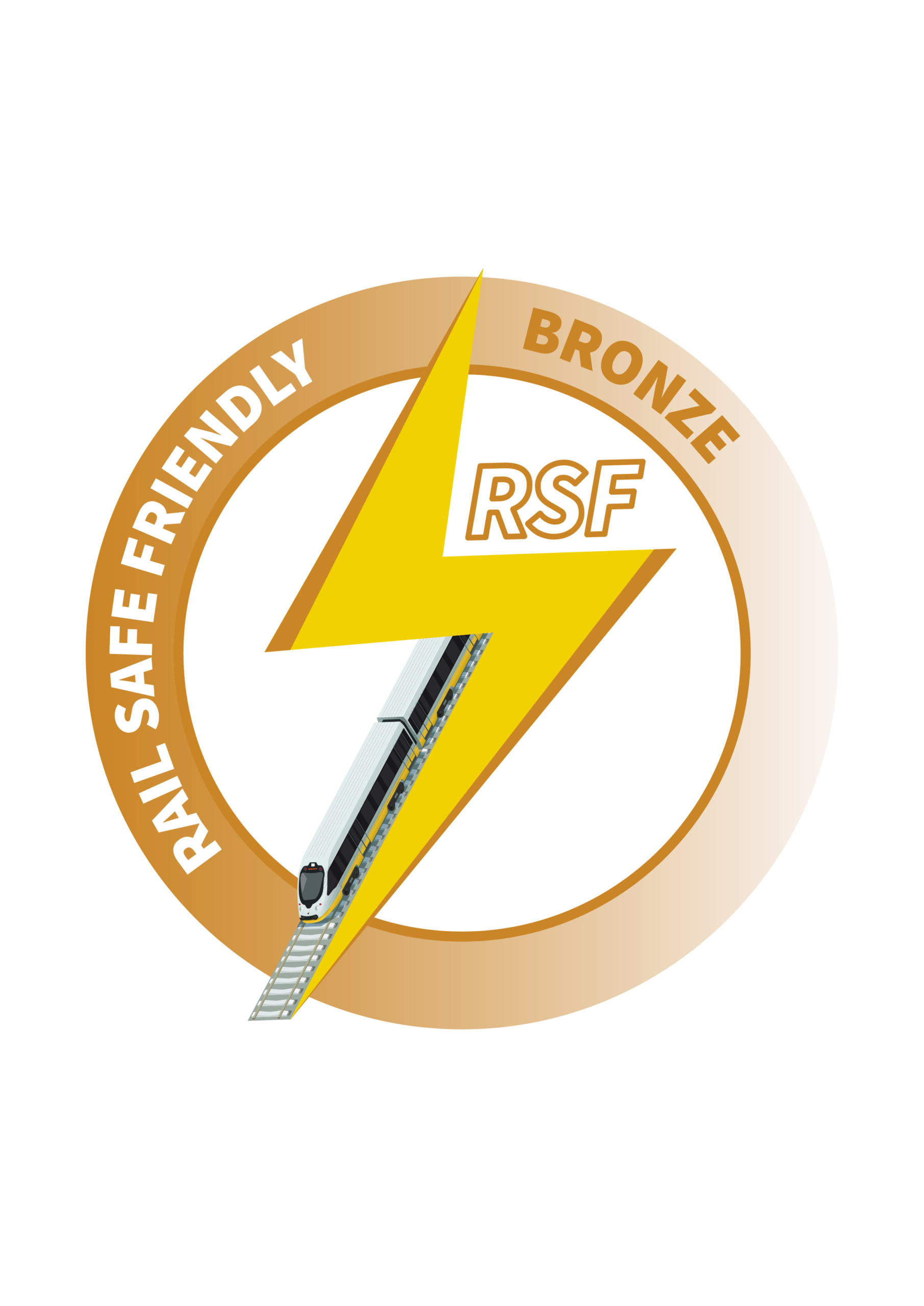Why study A level chemistry?
The course will develop your interest in and enthusiasm for chemistry. You will study organic and inorganic chemistry, discovering molecules used for fuels and medicine, finding out how these can be engineered and adapted, learning about elements and compounds, and expanding your knowledge of physical chemistry – the fundamental laws of nature that govern everything we are.
The course is a mixture of theory and practical, developing your skills and knowledge. Onward destinations for students at higher education include science-based subjects such as medicine, pharmacology and chemical engineering.
Course type
A level
Examination board
OCR
Entry requirements
Two grade 6s in GCSE science and a grade 5 in maths
How will A level chemistry be delivered?
| Topic | Description |
| Organic chemistry | Carbon-based molecules used in fuels, medicines, and proteins. Learn their composition, how to synthesize them in a lab, and the subtle differences that affect their usage and reactions. |
| Inorganic chemistry | Study of metallic and non-metallic elements and compounds. Learn their uses, and techniques used in forensic science and laboratories to identify unknown samples and check purity. |
| Physical chemistry | Covers the fundamental laws of nature. Understand how atoms interact, and explore concepts like why ice floats on water despite solids usually being denser than liquids. |
| Practical skills | Develop methodical, logical, and clear approaches to planning and conducting investigations. Learn new techniques and use complex scientific equipment accurately. |
Assessment
• Examinations
• Practical endorsement
Future pathways and careers
• Medicine
• Pharmacology
• Veterinary science
• Chemical engineering
• Science related disciplines





